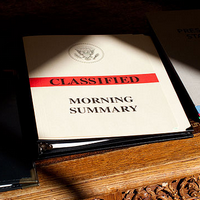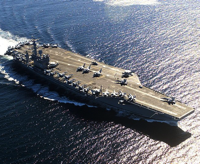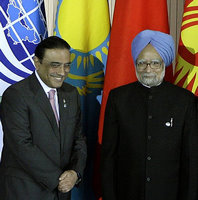
Last November, when the State Department learned that an outfit called WikiLeaks had acquired tens of thousands of secret U.S. diplomatic cables, the reaction in Washington bordered on panic. WikiLeaks had already released secret papers on the Afghanistan war, which the Pentagon said had gravely endangered many lives. Facing an impending torrent of classified documents covering U.S. interests on all continents, top American diplomats tried to brace the country for the harsh impact. They anxiously predicted the massive leak would be “harmful to our national security.” Five months after WikiLeaks broke the latch on its treasure trove and started scattering […]







